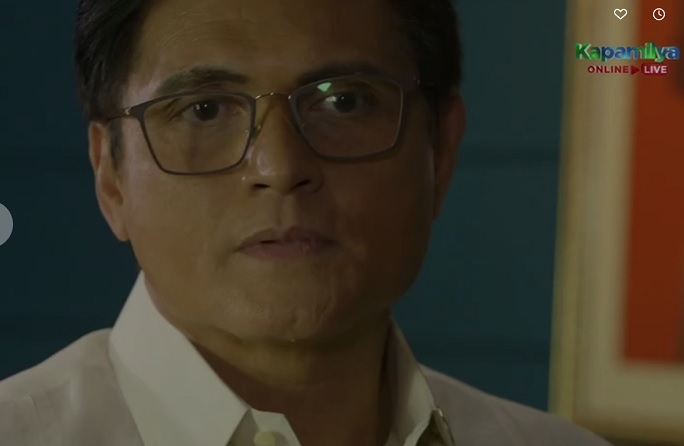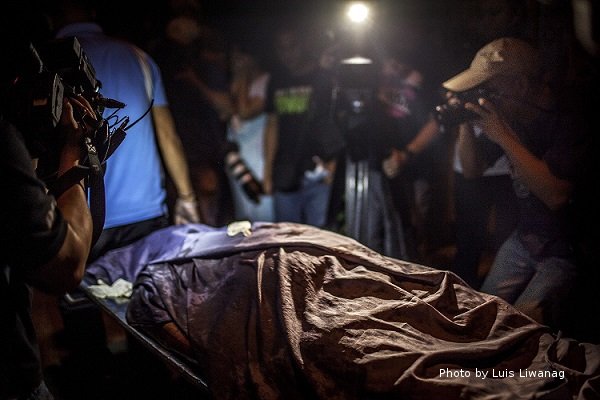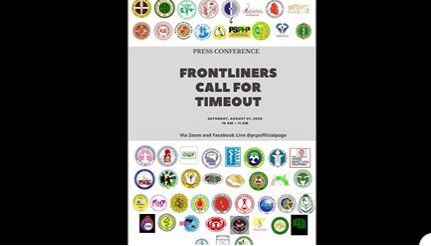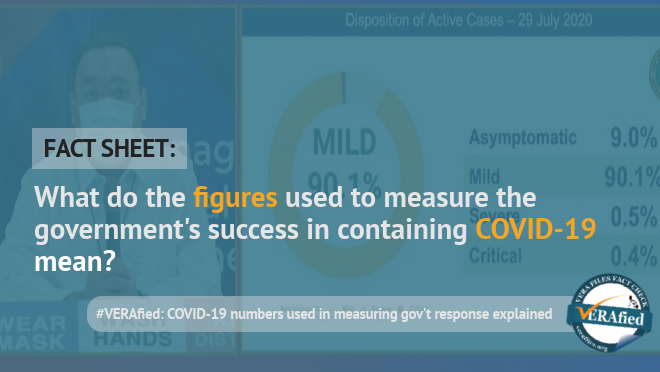The early months of the COVID-19 pandemic were periods of anxiety, fear, paranoia, even plain cluelessness.
Boy Abunda, who hosted the media launch of LifeFood, a line of natural health supplements, said during those few months, people did not know who the enemy clearly was. But after almost two years, these negative emotions have been “converted into energy and strength so we could change. There have been many discoveries.”
He cited how many people discovered new talents in themselves like growing beautiful roses, non-cooks cooking and turning into fantastic chefs, plantitos and plantitas blooming all over the world. In short, people “have become kinder to ourselves,” he said, with many sharing their meals with their neighbors.
Another realization during the lockdown is the importance of “taking care of ourselves more. Health is wealth.” Confronted with our own finitude, he continued, “we know that we are all going to die so we might as well be healthier. There is a relationship between health and the quality of life.”
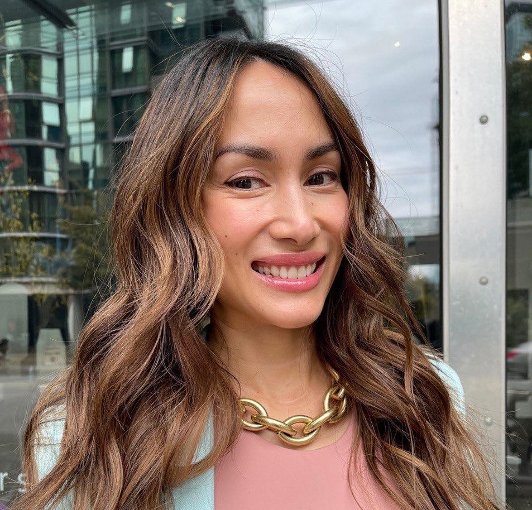
Ina Raymundo, Internet figure, actress, wife and mother, said, “We have to evolve and adapt. My major role is the ultimate homemaker. Even if I cannot go to the gym, house workout is also effective. I keep moving all the time because I have no domestic helper. I constantly move while doing house work. I count the steps while going up the staircase. My favorite activity is sweeping the floor. I exaggerate my movements so it becomes a workout. In acting, it’s not underacting but campy.”
The pandemic taught her to be hardworking but at the same time to exercise balance. She solves Sudoku puzzles to sharpen her memory. She spends more quality time with her five children so she considers them “in a better place, (this pandemic has been) a blessing in disguise.”
She has her own health concerns like arthritis, but since her tolerance for pain is high, she manages the discomfort and is still able to go up and down the stairs.
As for her diet, she eats six small meals (“the diet of a diabetic”) a day. “I don’t want to get diabetes because I come from a family of diabetics. I do have cheat days when I eat healthy for most of the week, then I eat what I’ve been craving for, whether it’s sweet or salty, for one day. It’s a formula for being happy.”

Television host Migs Bustos, a new dad, saw the need for resiliency when the lockdown was enforced and movements were restricted. He used to consider Zoom a foreign means of communication, but now it’s part of his routine. During the pre-pandemic years, he never minded his diet, taking his meals on the run. The pandemic enabled him to make a more conscious effort towards a correct diet. He said it needed his “will power. I’m not an expert in parenting so I shifted my mindset. I felt I was not alone anymore. I realized I have to live better for my family.”
He said the ongoing pandemic could wear you out, but “you have to look for something positive. The pandemic made me a more present young dad. I can change diapers, bathe the baby, lull baby to sleep. I was there for such milestones as the first steps and the first syllables.”
Bustos went through a weight loss program by himself, losing 15-17 lbs. in one month. He did not have to sign up with a gym. In his 100 square meter condo unit, he just relied on his body’s space. He advised others to do the same and not spend on expensive equipment. A yoga mat will do, he added.
He credited faith in God as helping achieve a quality of life. He said, “By being grateful for the simple things in life—family, food, shelter, our health—everything else follows.”
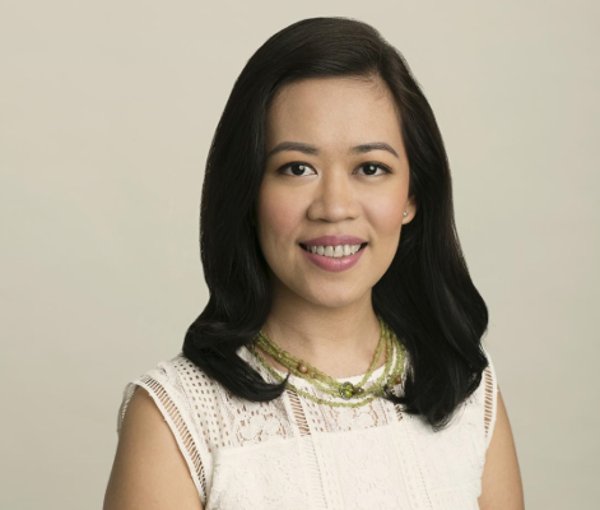
Dr. Eca Lorenzo, an internal medicine specialist and functional medicine practitioner, said her hospital-based practice shifted during the pandemic. She does not have to deal with scheduling and traffic anymore, but she is busier than in the past.
What she discovered in the last two years was “people are very resilient and adaptive. After the pandemic, there was a sudden shift online. We quickly adapted. Some of my patients’ health declined because they couldn’t anymore go to the gym with their friends. The other half’s health improved. It was fifty-fifty so this showed that it’s really up to the individual.”
As for herself, “I was able to reach more people through tele-consult. The past two years have been more of a blessing. Patients have realized that they hold their health in their hands. They see that they need to move, that sleep is important to health, that stress has to be managed, relationships with yourself and others have to be examined.”
She tells her patients to “make things into a game. If there’s a trigger for stress, turn it into a game where you’re transforming stress. Reset to the next level and get more successful. Turn it into fun and you’ll feel well.”
Kimi Abapo, marketing manager of Synnovate Pharma Corp., LifeFood manufacturer, said health is an integral part of our lives. The pandemic forced her “to re-assess my life—there were some good, some challenging. I used to like having live events, I fed off from that kind of energy. But now that we’ve gone virtual—ganito na lang, I double the effort in my energy, I have to fortify myself to get myself in the energy I need for a session. You must have the humility to recognize certain things.”

